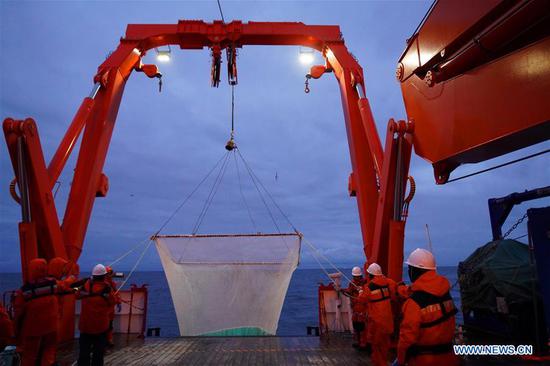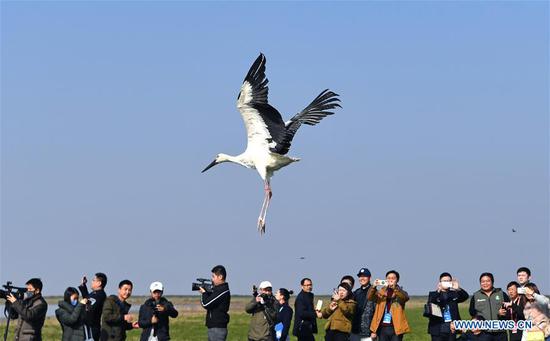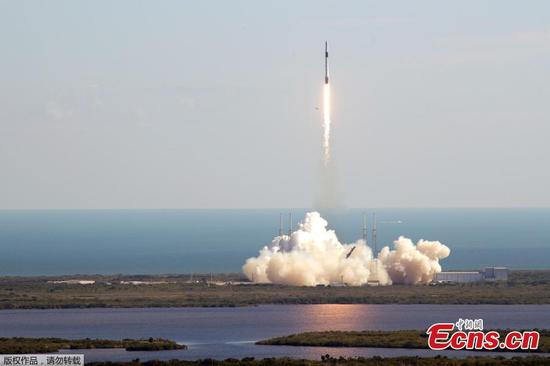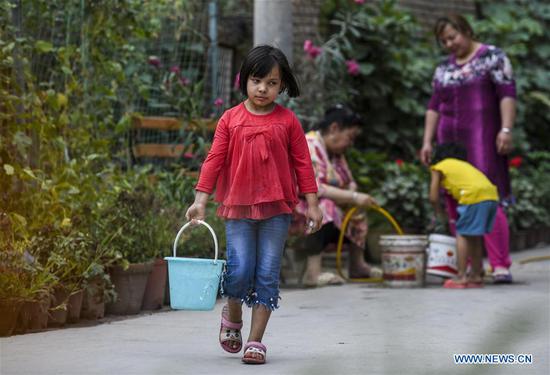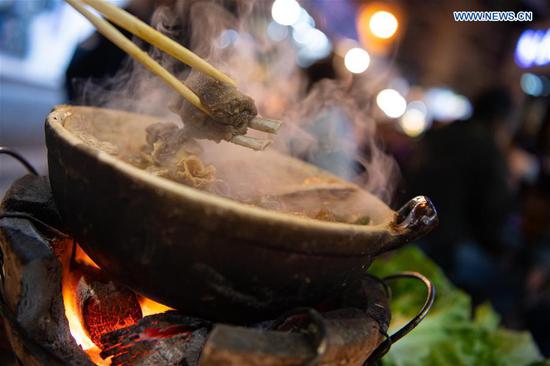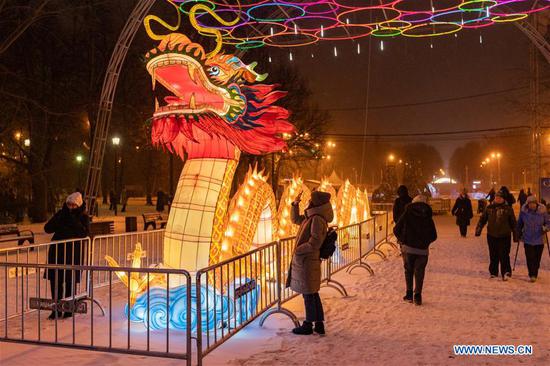China's consumer price index (CPI), a main gauge of inflation, rose 4.5 percent year on year in November, the National Bureau of Statistics (NBS) said Tuesday.
The growth rate, which was up from 3.8 percent in October, was the highest so far this year.
Food prices grew 19.1 percent year on year last month, up from 15.5 percent in October, while non-food prices gained 1 percent, 0.1 percentage points higher than that of October.
Pork prices rose 110.2 percent year on year, contributing 2.64 percentage points to the 4.5-percent CPI growth. As the pork supply is restoring, the month-on-month growth rate of pork prices in November was 3.8 percent, down 16.3 percentage points from October.
On the stronger consumption demand and the needs for substitutes, prices of beef, mutton, chicken and duck registered month-on-month increases in November, ranging from 1.3 percent to 4.3 percent, said NBS senior statistician Shen Yun.
As government measures at national and local levels to restore hog production started to take effect, the soaring trend of pork prices affected by African swine fever and cyclical factors has softened in the past weeks.
In November, prices of vegetables rose 3.9 percent year on year while prices of fruits fell 6.8 percent year on year. Meanwhile, transportation and communications prices slipped 2.8 percent.
The CPI in urban and rural areas posted a year-on-year growth of 4.2 percent and 5.5 percent, respectively.
Consumer prices in the first 11 months rose by an average of 2.8 percent from a year earlier, the bureau said.
Tuesday's data also showed that China's producer price index, which measures costs for goods at the factory gate, dropped 1.4 percent year on year in November.
China's producer prices down 1.4 pct in November
China's producer price index, which measures costs for goods at the factory gate, dropped 1.4 percent year on year in November, the National Bureau of Statistics said Tuesday.


















